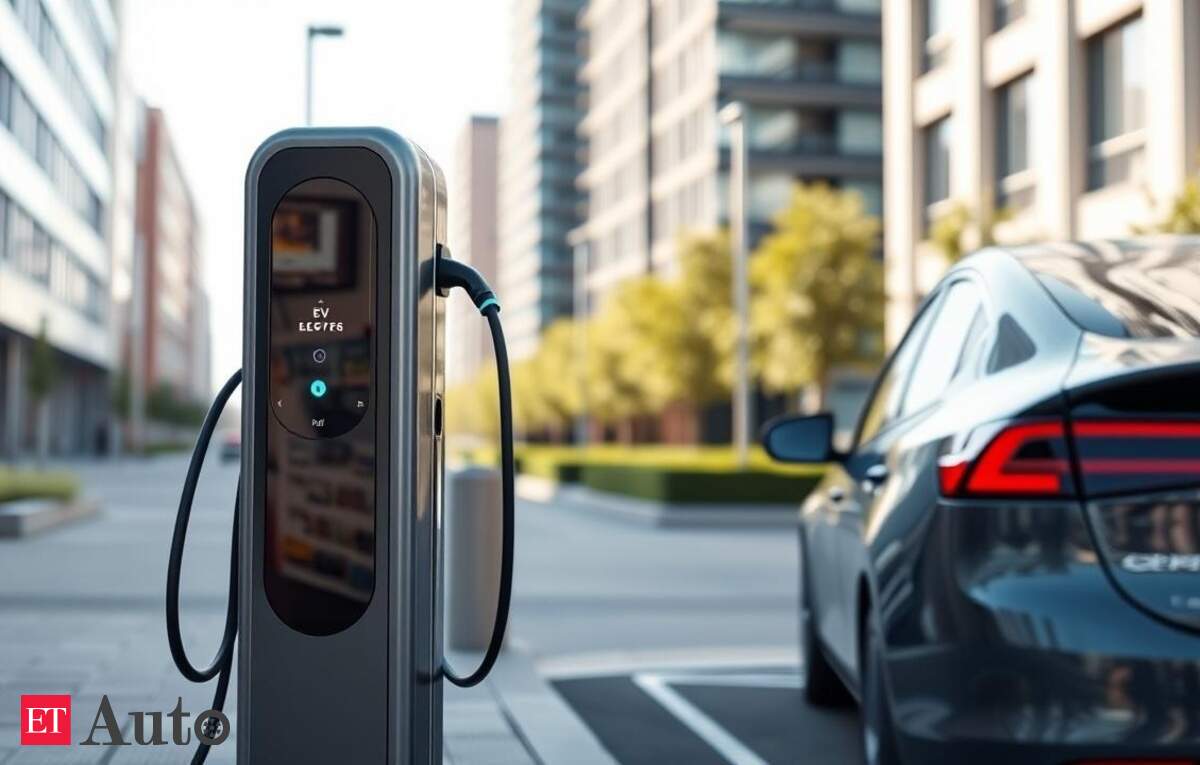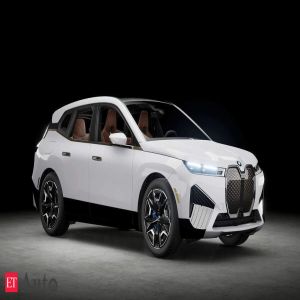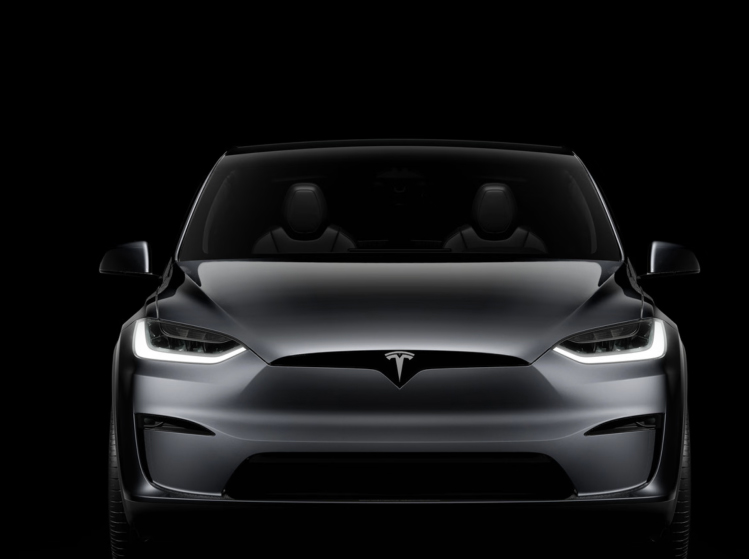and Lucid warned of higher costs from U.S. tariffs on imported vehicles and auto parts, even as automakers scramble to rework sourcing of critical supplies and minimize disruption.
Rivian CEO RJ Scaringe told Reuters that the cost per vehicle was expected to rise by "a couple of thousand dollars" due to tariffs. The EV maker is also anticipating a sharper-than-expected fall in 2025 deliveries as consumer confidence suffers due to tariff-induced economic uncertainties.
Lucid's interim CEO said the luxury electric vehicle maker was expecting a rise of 8-15% in overall costs due to tariffs, without taking into account its mitigation efforts.
Lucid, however, stuck to its production forecast of 20,000 units for the year.
Several automakers, including Tesla, have also said they were reassessing their full-year targets in the face of tariff uncertainty.
"The current global economic landscape presents significant uncertainty, particularly regarding evolving trade regulation, policies, tariffs and the overall impact these items may have on consumer sentiment and demand," Rivian said in a letter to shareholders.
"These factors are expected to impact our global supply chain, material costs and access, capital expenditures, and market dynamics," it said, adding that the company was trying to mitigate the risks with "strategic sourcing and proactive engagement with policymakers."
Rivian said it was now expecting to hand over between 40,000 and 46,000 units this year, down from its earlier projection of between 46,000 and 51,000 vehicles.
The company also increased its forecast for capital expenditures for the year to between $1.8 billion and $1.9 billion from between $1.6 billion and $1.7 billion predicted earlier.
The Trump administration last month introduced 25% tariffs on imported vehicles and auto parts, but recent changes are set to exempt vehicles with at least 85% domestic content from the full tariff, while also offering a 15% credit on imported parts.
Rivian on Monday said it would invest $120 million to bring its key parts suppliers near its plant in Illinois, as the electric vehicle-maker prepares to produce its smaller, more affordable R2 SUVs next year.
Rivian, facing soft demand due to factors such as the Los Angeles fires and a consumer shift toward cheaper hybrid vehicles in an uncertain economy, saw a 36% drop in deliveries to 8,640 in the first quarter that still exceeded analysts' expectations.
The company also plans to halt production for several weeks in the second half of this year to prepare for the R2 vehicle launch in early 2026, potentially constraining output and revenue.
Its first-quarter revenue of $1.24 billion was above the analysts' average estimate of $1.01 billion, according to LSEG data.





Comments (0)